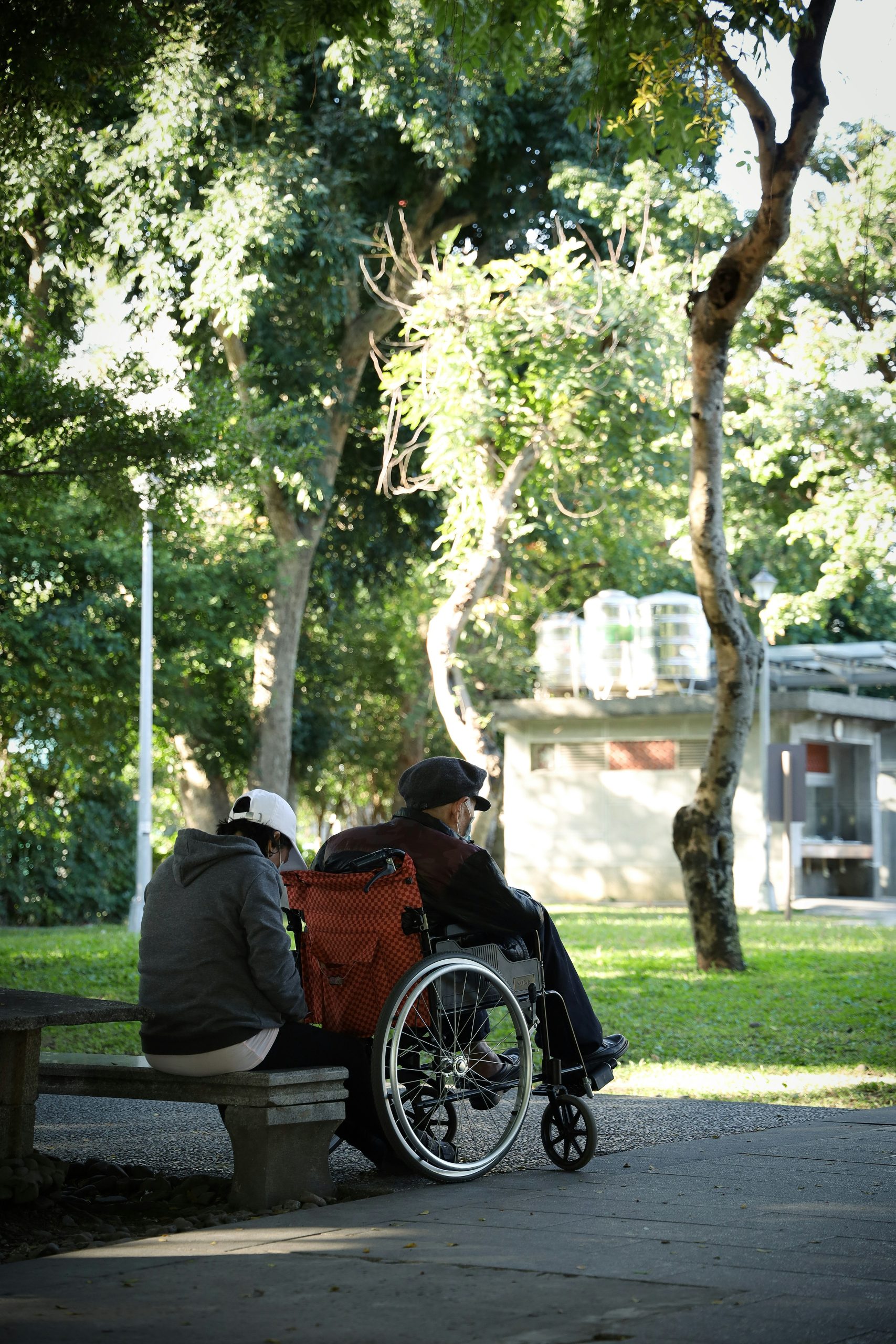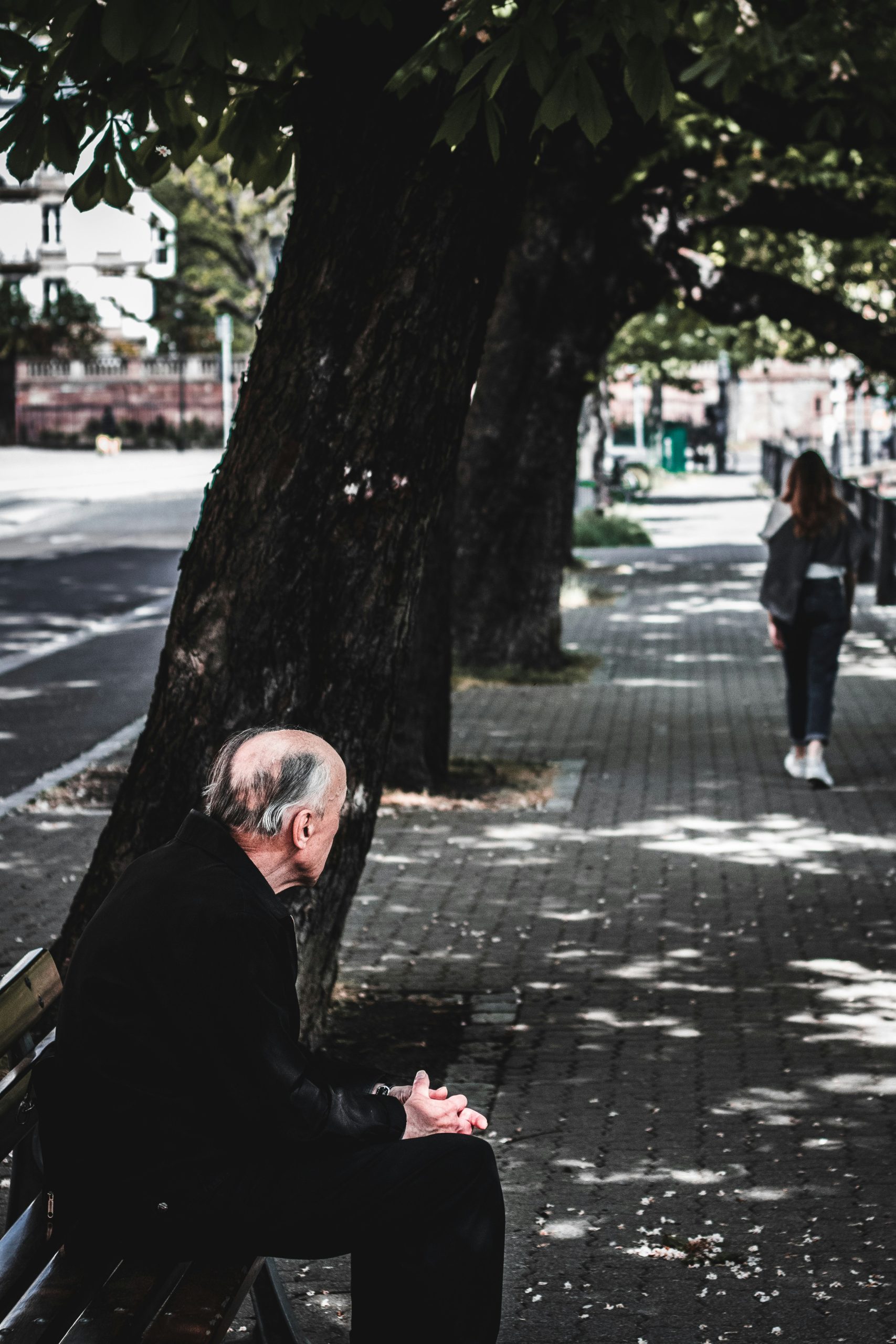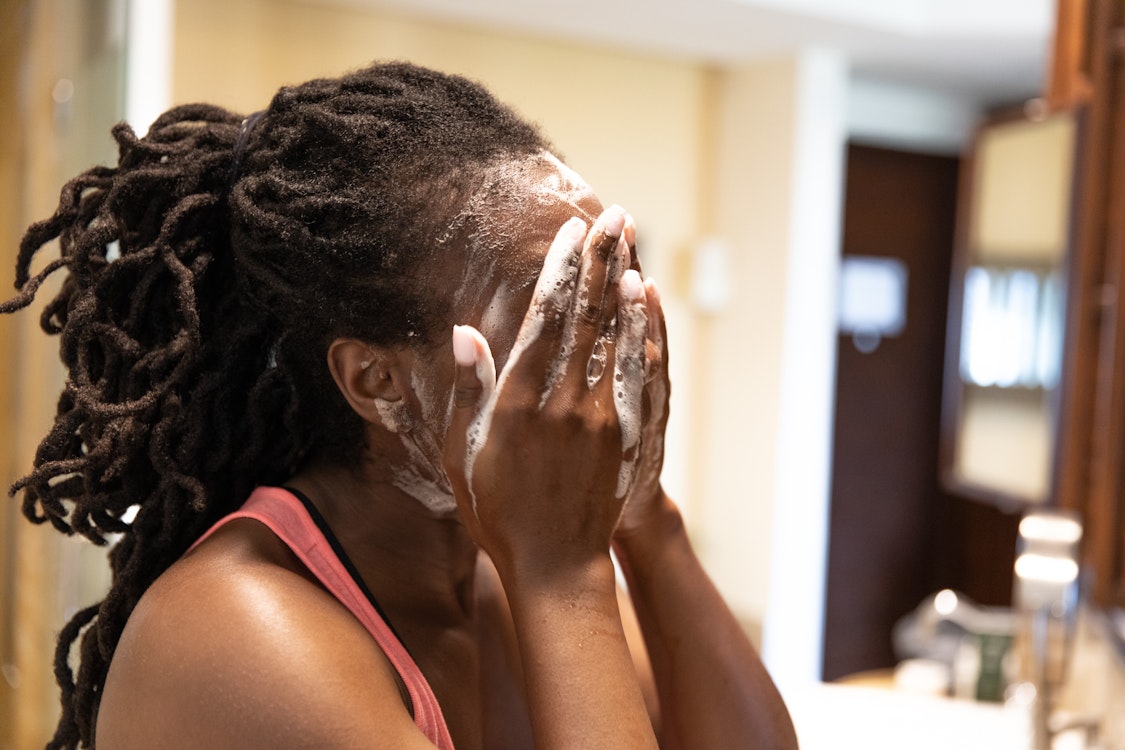Here’s a truth that doesn’t make it into most caregiving brochures.
Here’s something we don’t talk about enough:
Not every caregiving story is built on love.
So much of the language out there assumes you’re caring for a loved one. That phrase is everywhere—in pamphlets, blog posts, workshops. But what if you’re not?
What if the person you’re caring for isn’t someone you love?
What if you don’t even like them?
Yep. We’re going there.
Not Every Caregiving Story Is Hallmark-Worthy
Caregiving doesn’t always come from a place of love. Sometimes, it comes from:
- Obligation
- Lack of options
- Guilt
- Proximity
- A complicated family history
- Or just… being the only one left to step up
You might be estranged. You might be an ex. You might be a neighbor, a friend-of-a-friend, or just someone who said “yes” when no one else did.
That doesn’t make you less of a caregiver.
But it does make your emotional load different—and often heavier.


When There’s No Love to Fall Back On
For many caregivers, love becomes an anchor. A reason to keep going through the hard days. A buffer for the heartbreak and exhaustion.
But if you don’t have that?
If the person you’re caring for hurt you in the past…
If you never had a close relationship to begin with…
If you’re showing up out of duty, not devotion…
Then the hard moments hit even harder.
And you deserve care too. Maybe even more of it.
Redefining Self-Care When You’re Emotionally Tapped Out
Let’s be honest—bubble baths and face masks aren’t cutting it here.
When you’re caring for someone you don’t love, self-care needs a rebrand.
Think soul care. Think survival care.
Think:
- Therapy—because you need space to process your story, not just theirs
- Boundaries—firm, clear, non-negotiable ones
- Basic needs—food, water, sleep, hygiene (yep, even a shower counts)
- Respite care—so you can breathe, even for just an hour
- Medical appointments—because your health matters too

Rachel Ricketts said it best in her book Do Better:
“Self-care and soul care aren’t about indulgence. They’re about doing the things we don’t always want to do but are necessary for our well-being.”
Sometimes, the most radical act of self-care is asking yourself, “What do I actually need right now?”
And giving yourself permission to go get it.
To the Caregivers Who Don’t Feel the Love—You Still Matter
Your caregiving is valid, even if your relationship is messy.
You’re allowed to feel resentful, numb, conflicted—or nothing at all.
You’re allowed to grieve what never was.
And you’re allowed to care without closeness.
So if this is you?
I see you.
You’re not alone.
And your well-being matters just as much as anyone else’s in this story.
Recent Comments